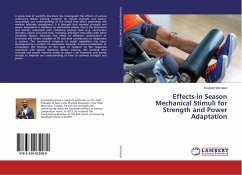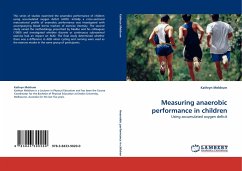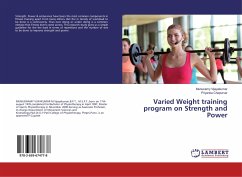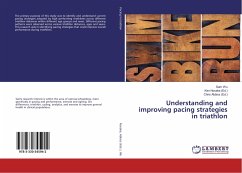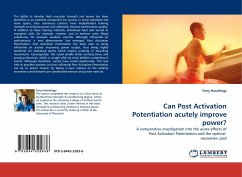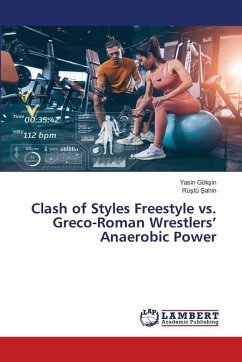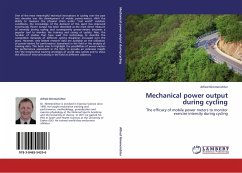
Mechanical power output during cycling
The efficacy of mobile power meters to monitor exercise intensity during cycling
Versandkostenfrei!
Versandfertig in 6-10 Tagen
45,99 €
inkl. MwSt.

PAYBACK Punkte
23 °P sammeln!
One of the most meaningful technical innovations in cycling over the past two decades was the development of mobile power-meters. With the ability to measure the physical strain under real world outdoor conditions, the knowledge of the demand of this sport has improved enormously. Power output has been described as the most direct measure of intensity during cycling and consequently power-meters becomes a popular tool to monitor the training and racing of cyclists. Also, the number of studies that have used this technology to describe the competitive demands of different cycling disciplines in...
One of the most meaningful technical innovations in cycling over the past two decades was the development of mobile power-meters. With the ability to measure the physical strain under real world outdoor conditions, the knowledge of the demand of this sport has improved enormously. Power output has been described as the most direct measure of intensity during cycling and consequently power-meters becomes a popular tool to monitor the training and racing of cyclists. Also, the number of studies that have used this technology to describe the competitive demands of different cycling disciplines increased over the years. However, only limited research data are available on the utilization of power-meters for performance assessment in the field or the analysis of training data. This book aims to highlight the possibilities of power-meters for performance assessment in the field, to provide an extensive insight into the longitudinal training strategies of world-class cyclists and to show the effects of interval-training in the field at different cadences.



